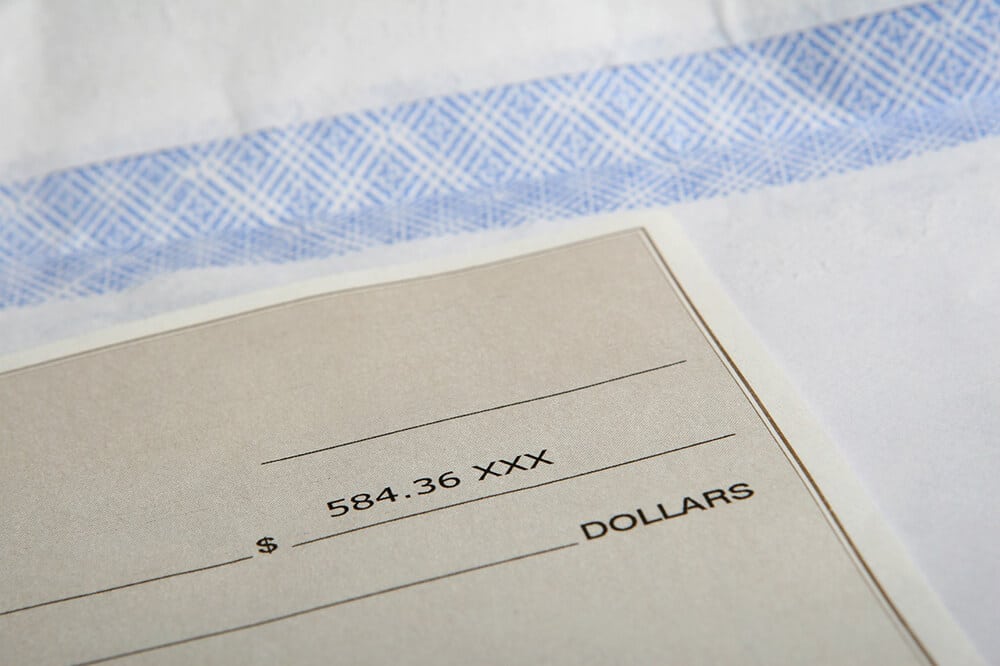
If you’ve been hurt in a personal injury accident and had to miss work to recover from your injuries, you can seek lost wages if you file a claim or lawsuit. Proving loss of earnings can be a challenge, but with the right legal team you’ll receive the compensation you need to recover as fully as possible.
You may be wondering what’s covered under lost wages. Your lawyer will be able to determine what you can seek based on your position and contract, but there are commonalities in regard to what’s typically included. Hourly wages are the most common. These are totaled by adding up the missed days and multiplying them by the hourly rate. If you regularly work overtime, that can be included as well. In addition to hourly wages and overtime, you may be eligible for compensation for bonuses, sick days, vacation days, perks, and tips.
As mentioned, there are challenges associated with proving loss of earnings in a personal injury suit. In order to understand what will build the strongest case for you, it’s important to understand the differences between past loss of earning and future lost wages.
Proving Past Loss of Earnings
The easiest way to calculate and prove a claimants past loss of earnings is to look at their wages during the three months before the accident. Then, the average should be taken. Claims are typically filed for net earnings, which refers to the sum the employee receives after tax and insurance contributions have been deducted.
There may be certain circumstances where a claimants prior salary for three months is not an appropriate number to use. This could be because numbers are skewed from holidays, overtime, bonus payments, or seasonal work. When this is the case, it often makes sense to obtain evidence of earnings over a longer period of time, like a few months or even a few years. This will give your lawyer a more realistic figure to work with.
There are different forms of evidence than can be used to show just how much a person would have earned if they had not been wrongfully injured. Your lawyer can collect the following applicable information from your employer:
- Rate of pay
- Number of hours worked per week
- Title
- Date hired
- Standard overtime rate of pay
- Typical overtime hours
- Days of hours of work missed
- An official statement that you were employed at the time of the accident
- Lost perks
- Bonus structure
You lawyer may also want to collect your pay stubs, bank statements, and tax returns to strengthen your case. The documentation you need will depend on the nature of your lost wages and what you’re claiming.
It’s important to know that high value personal injury lawsuits can take years until a judgment or settlement is reached. This is why it’s crucial to work with an experienced lawyer who will ensure the compensation you’re offered is full and fair.
Proving Future Lost Wages
With a more serious personal injury case, the claimant might have grounds to seek future wages, in addition to past loss of earnings. There will need to be medical evidence from health care professionals that proves the impact of the claimant’s injuries will have on their future capacity to work.
Unlike calculating hourly wages for past loss of earning, calculating future loss is not as straightforward. The reason for this is because future wages are typically calculated through retirement. If the claimant received all their future earnings in one lump sum and invests, it will end up being worth more in the future. To avoid over-compensation, statistical tables are used to adjust the level of compensation downwards.
The complexity, however, doesn’t end there. Promotions, pay increase, and other benefits needs to be calculated. Also, if the claimant is able to continue working but cannot earn as much, their residual earning capacity can be factored in.
Claiming future lost wages can be a more rigorous process than seeking loss of earnings, but it is possible. With the right lawyer, they can collect the necessary evidence that proves you are unable to work as you did before because of your injuries from the accident that wasn’t your fault.
The Benefit of Seeking Legal Counsel
As you can see, calculating and proving loss of earnings isn’t always easy. Other problems that often arise involve unemployment at the time of the accident and a claimant not declaring their earnings to the Internal Revenue Service (IRS). In order to avoid complications and receive your lost wages as quickly as possible, schedule a consultation with us today so we can review your claim.







